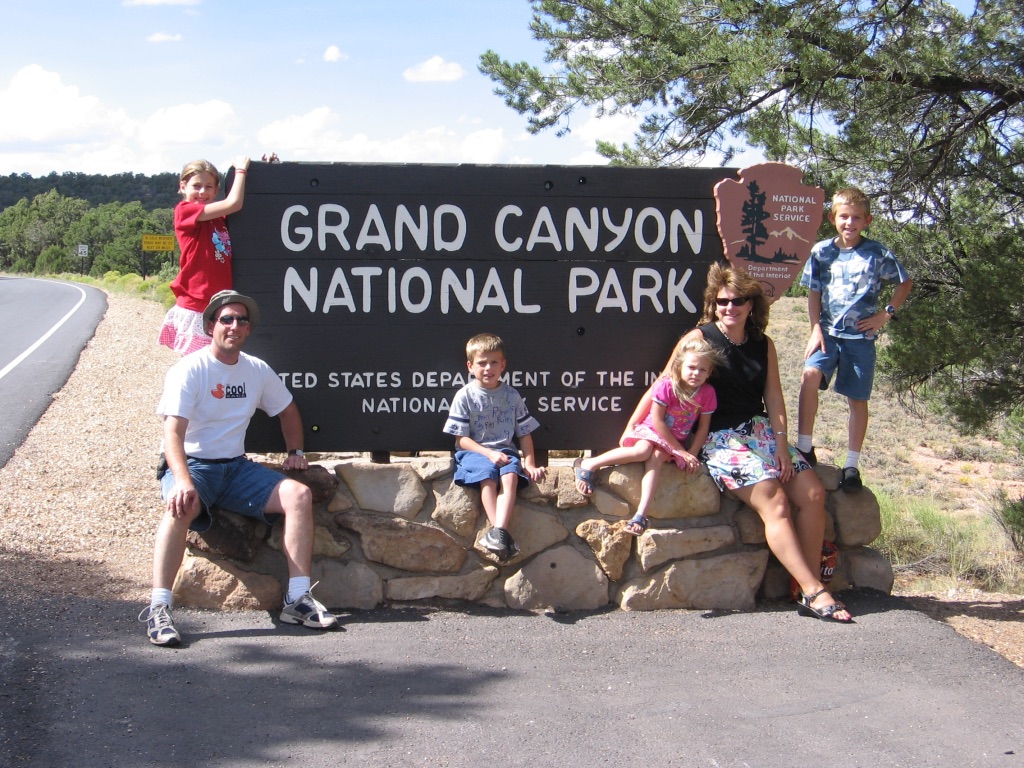Many of us in ministry are word people. We like words. We play with words. We enjoy reading words. And we enjoy writing words. But some of those we minister to are not, and what seems natural to us needs to be encouraged. I have journaled my devotions for decades because I believe there is great benefit in writing down what I’m learning. But let me give you four reasons why I believe journaling can benefit your quiet time.
Journaling Helps You Remember; God Has Written (Mal 3:16)
God writes stuff down. The Book of Life is a written record of all those that are believers. Malachi 3:16 tells us that God keeps a record of those that fear Him. And the Bible is God-written literature. Why all this writing from God? Certainly one reason is that God knew we would forget an awful lot if it wasn’t written down. If God writes things down for our benefit, then maybe we should too. As I sometimes tell people in my church, God didn’t reveal himself through pictures in a comic book. He did it through the written Word. Writing is good.
Journaling Clarifies Your Thoughts; It Helps You Meditate
It’s easy for me to read a designated passage for the day, listen to Scripture on my phone, and even read my through-the-Bible reading for that day and not remember much if any of it. Sometimes I’m listening to the Bible, and I realize I don’t even know what passage I’m hearing. But reading a passage and then staring at a blank page forces me think about it. If I have to write something down, then I need to meditate on it. I have to understand it. If I want this passage to influence my relationship with God, my prayers, I must know what it means. I cannot get by with just reading it.
Journaling Leaves a Legacy; It Lets Your Children Know You
What a blessing your journals can be to your kids someday. They can read that you had real spiritual struggles, but also loved God passionately. The dates might even give them context about certain times in their lives when you were pleading with God and found him faithful. What they read can be a legacy of your spiritual journey. Letters used to give insight into our parents, but most don’t write letters anymore. Your devotional journal can give that insight.
Of course you don’t have to wait until you’re dead. Sometimes I text my grown children little diary items and what I was thinking at the time from previous years that showed up in my journal.
Journaling Encourages You; It Records Your Spiritual Progress
Laura and I started a written record years ago of family stories (it’s 19 pages!). When I read it, I’m surprised how many cute and funny things our children have said that I’ve forgotten. By what they said, I can even measure their spiritual progress over the years. They said funny things about theology when they were kids; now they say serious, worshipful things.
It’s great to be able to look back over your devotional journals and see what areas were struggles, how you understood God’s Word, and how you’ve grown. You can see it in black and white.
For the past few years I’ve made it a goal to read my devotional journal from 10 years ago, so I’m reading 2016 this year. This practice has been an encouragement to me. Here’s an example. In 2013 I was journaling about Abraham obeying God and leaving Ur not knowing where he was going. In my journal on Jan 21, 2013 I said this…
“God sends Abraham out without telling him where he is going to end up. He just needs to trust God for the destination. I wouldn’t do that. Abraham was a man of faith. He believed God.”
And I knew I lacked that faith in 2013. I had never left one ministry job without knowing where I was going next. Until 2023 when Laura and I said goodbye to a beloved ministry months before we knew where we were going. In 10 years God grew my faith. What a blessing to read that from 2013 and know God had changed me. Ten years later I was willing to step out by faith—sort of like Abraham.
We forget our spiritual struggles. Our journals can be a record of the Holy Spirit’s work of sanctification in us.
Maybe you’re not a writer; don’t worry about getting your grammar correct or even using full sentences. Write down what you’re thinking and learning about God. It can invigorate your devotions and reap dividends even years later.





